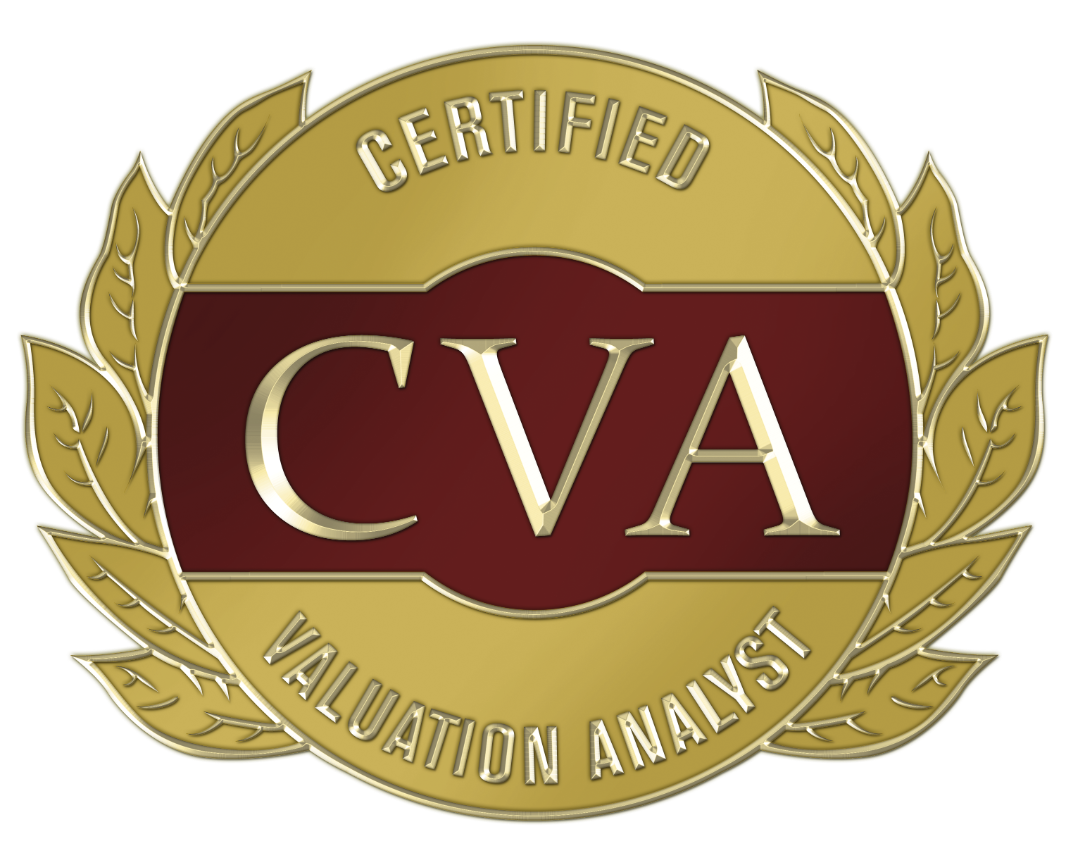Deciphering Corporate Voluntary Agreement (CVA) in Business Practices
Deciphering Corporate Voluntary Agreement (CVA) in Business Practices
Blog Article
Unveiling the Legal Structure and Finest Practices for Business Voluntary Arrangements
In the complicated landscape of business agreements, recognizing the legal structure and taking on best practices for voluntary agreements is critical for services aiming to navigate effectively via joint endeavors. As we dive into the intricacies of company volunteer agreements, revealing the subtleties of the legal framework and best methods will certainly lose light on the paths to successful and mutually useful agreements in the corporate world.
Legal Needs for Volunteer Agreements
In order to establish the validity and enforceability of business volunteer arrangements, adherence to certain lawful demands is essential. These legal demands offer as the structure for making certain that voluntary agreements in between firms and various other parties are legitimately audio and binding.
Additionally, openness and justness are essential principles that need to underpin corporate volunteer contracts. Parties have to disclose all pertinent information truthfully and act in great belief throughout the arrangement and application procedure. Furthermore, conformity with pertinent laws and policies is paramount to ensure that the arrangement is lawful and in accordance with the lawful structure controling business tasks.
Trick Elements of Corporate Agreements
Key components of business arrangements usually consist of the recognition of the celebrations included, a clear declaration of the function of the arrangement, the scope of the responsibilities and duties of each celebration, the period of the contract, and any type of provisions for discontinuation or alteration. Furthermore, a well-structured corporate contract should outline the specific goals and purposes to be attained, the sources and support called for from each event, systems for surveillance and examining progression, as well as procedures for fixing disagreements or dealing with breaches of the contract.
Best Practices in Agreement Settlements
Effective settlement strategies are critical in attaining equally useful results in business contracts. The initial best method in arrangement arrangements is to perform detailed research study and prep work before participating in conversations. Comprehending the needs, goals, and prospective worries of all events included can assist in crafting an extra effective arrangement method. Furthermore, it is important to establish clear communication channels and preserve professionalism and trust throughout the arrangement procedure.

Moreover, establishing clear goals and borders from the start can aid in keeping focus and direction during negotiations. Developing a timeline and structure for decision-making can likewise add to a much more reliable and efficient negotiation procedure. Documenting all contracts and making certain that they are legally seem can aid avoid misconceptions and disagreements in the future.
Ensuring Conformity and Transparency
Making certain conformity redirected here with legal laws and maintaining transparency in corporate agreements is crucial for fostering trust and liability amongst all parties included. Compliance makes sure that all events abide by the agreed-upon terms, decreasing the threat of disagreements and legal effects. Openness, on the other hand, advertises article open interaction and understanding, enabling stakeholders to make informed choices and assess the agreement's justness.
To make sure conformity and openness, company voluntary arrangements must detail clear guidelines, responsibilities, and reporting devices. Regular surveillance and evaluation processes can assist track progress and address any kind of deviations without delay. Furthermore, developing independent oversight mechanisms and involving relevant stakeholders in the surveillance procedure can boost integrity and legitimacy.
In addition, business must prioritize training and capacity-building initiatives to ensure that staff members comprehend their roles and duties within the agreement. Offering accessible channels for reporting problems or offenses can motivate whistleblowing and early intervention, additionally enhancing conformity and openness initiatives. Inevitably, upholding these concepts can bring about equally beneficial and sustainable end results for all parties associated with company voluntary agreements.

Techniques for Successful Cooperations
Effective cooperations in business voluntary arrangements usually depend upon tactical planning and reliable interaction among stakeholders. One vital strategy is to establish clear objectives and expectations from the start. This entails defining the extent of the contract, laying out each celebration's obligations, and setting quantifiable targets to track development. In addition, creating a timeline with specific turning points can assist maintain the cooperation on course and ensure that all parties are working towards the exact same purposes.
An additional vital strategy is to cultivate a feeling of count on and openness amongst all stakeholders. Open up and straightforward interaction is vital in constructing strong partnerships and resolving any type of disputes that might arise during the cooperation process. Regular conferences and progression updates can aid keep energy and resolve any issues prior to they rise.
Furthermore, it is very important to allot resources properly and make certain that all events have the necessary support to satisfy their responsibilities. This may involve supplying training, accessibility to appropriate data, or monetary assistance where required. By applying these strategies, business can boost the likelihood of successful collaborations in corporate volunteer arrangements.
Final Thought
To conclude, understanding the legal structure and best techniques for business voluntary arrangements is essential for effective partnerships - corporate voluntary agreement. By adhering to site legal demands, incorporating vital parts, and discussing contracts successfully, business can guarantee conformity and openness in their voluntary arrangements. Executing these methods can lead to equally beneficial collaborations and contribute to sustainable company techniques
In the facility landscape of business agreements, recognizing the legal structure and adopting best practices for voluntary agreements is extremely important for organizations aiming to navigate efficiently with joint ventures. From legal demands that underpin the validity of such agreements to the crucial elements that elevate business contracts to a level of robustness and efficiency, there is a depth of understanding that can substantially influence the outcomes of these arrangements. As we dive into the intricacies of corporate volunteer arrangements, uncovering the nuances of the legal framework and ideal methods will certainly shed light on the paths to equally useful and successful arrangements in the business world.
Secret parts of company contracts generally include the recognition of the events included, a clear statement of the objective of the contract, the range of the commitments and obligations of each party, the duration of the arrangement, and any kind of provisions for termination or adjustment. cva meaning business. Furthermore, a well-structured company arrangement must detail the details goals and purposes to be achieved, the resources and support required from each party, devices for monitoring and examining progress, as well as procedures for dealing with conflicts or addressing breaches of the contract
Report this page